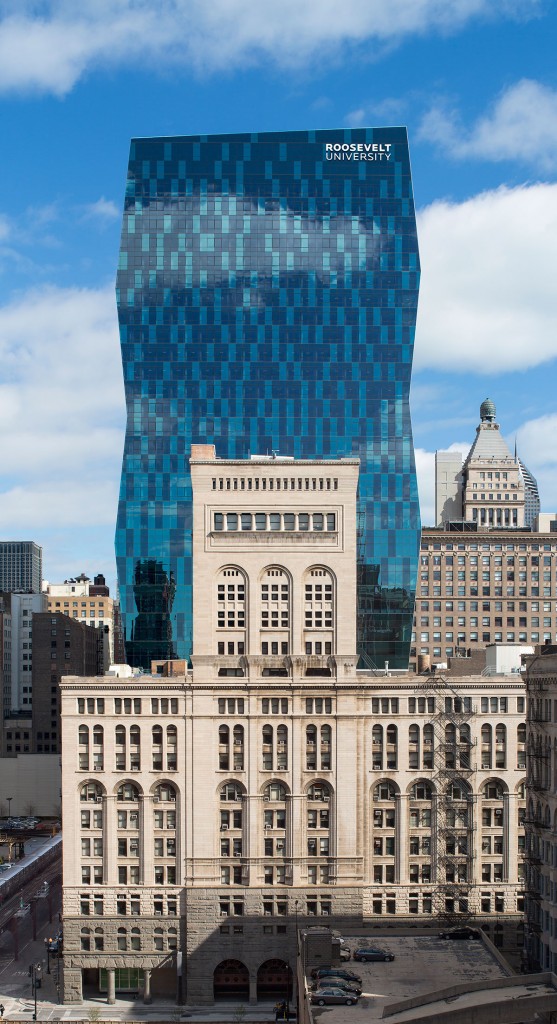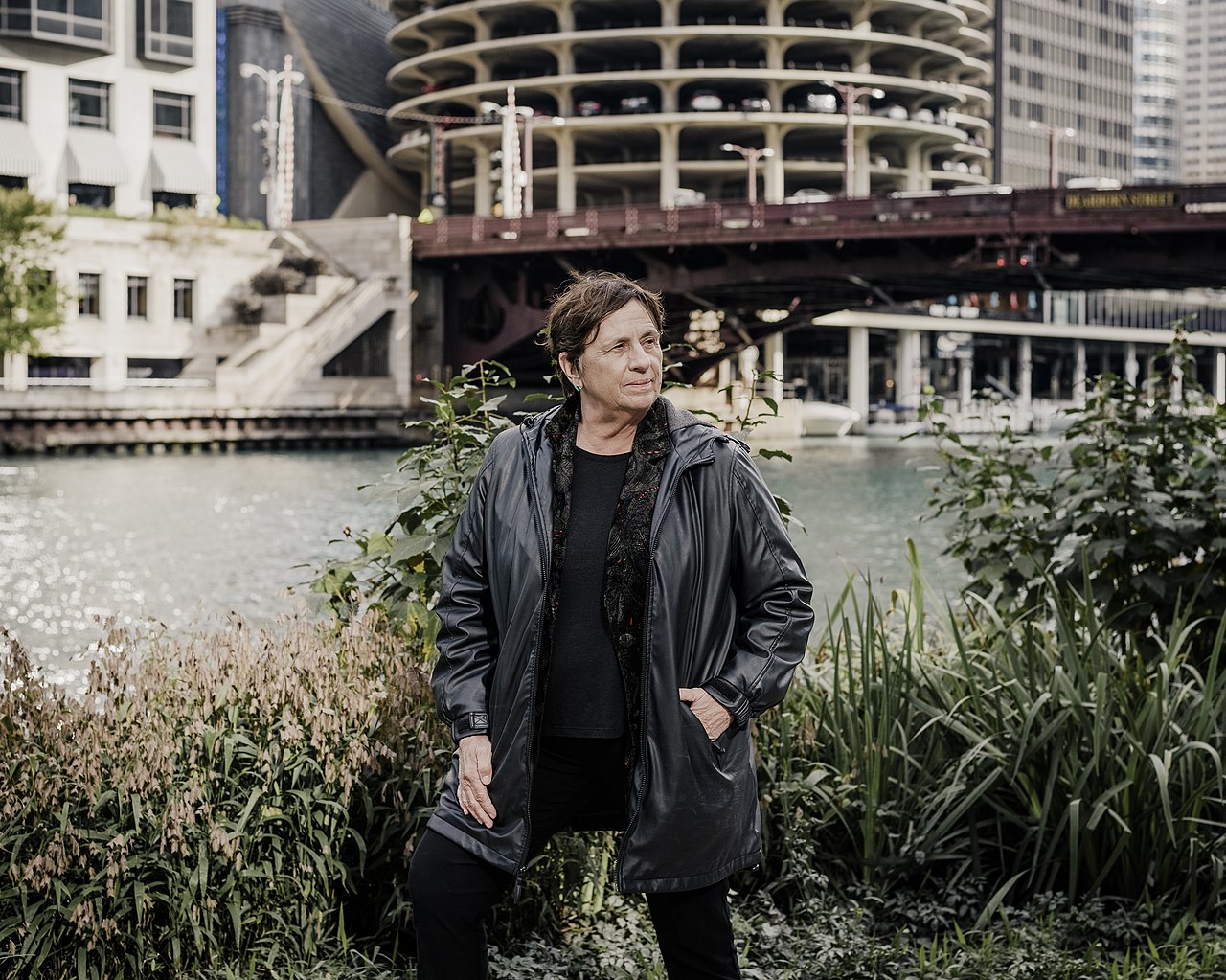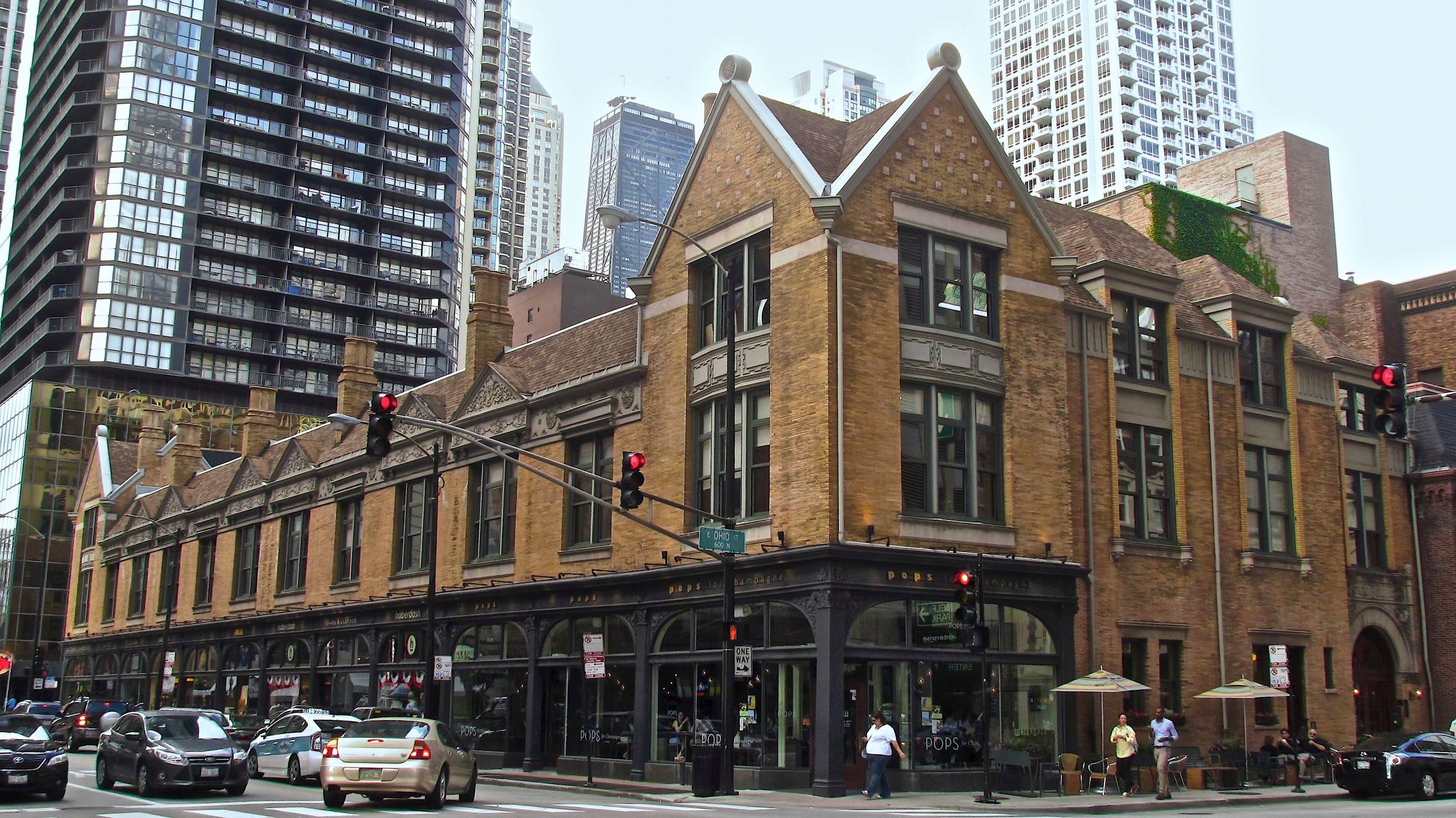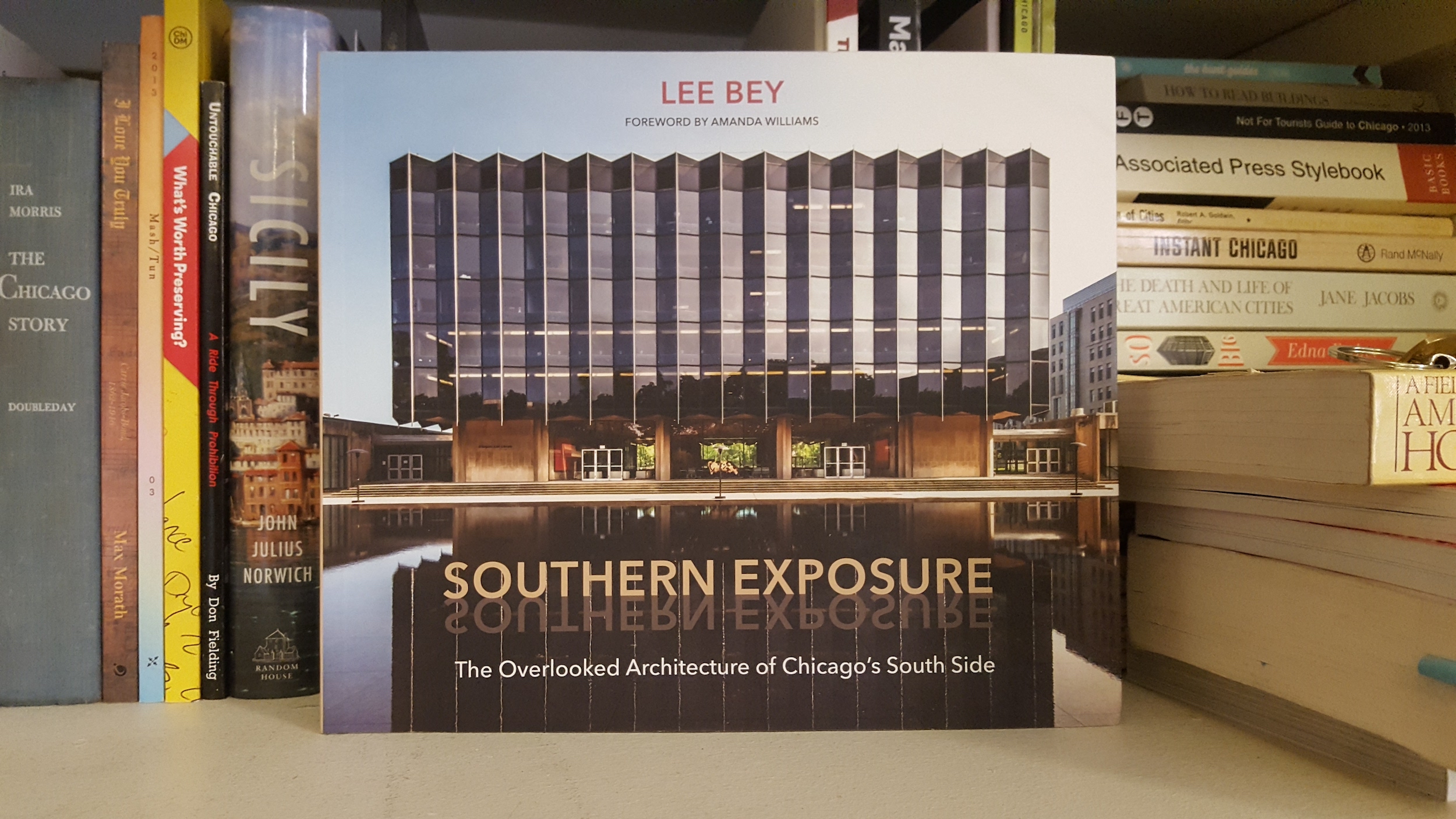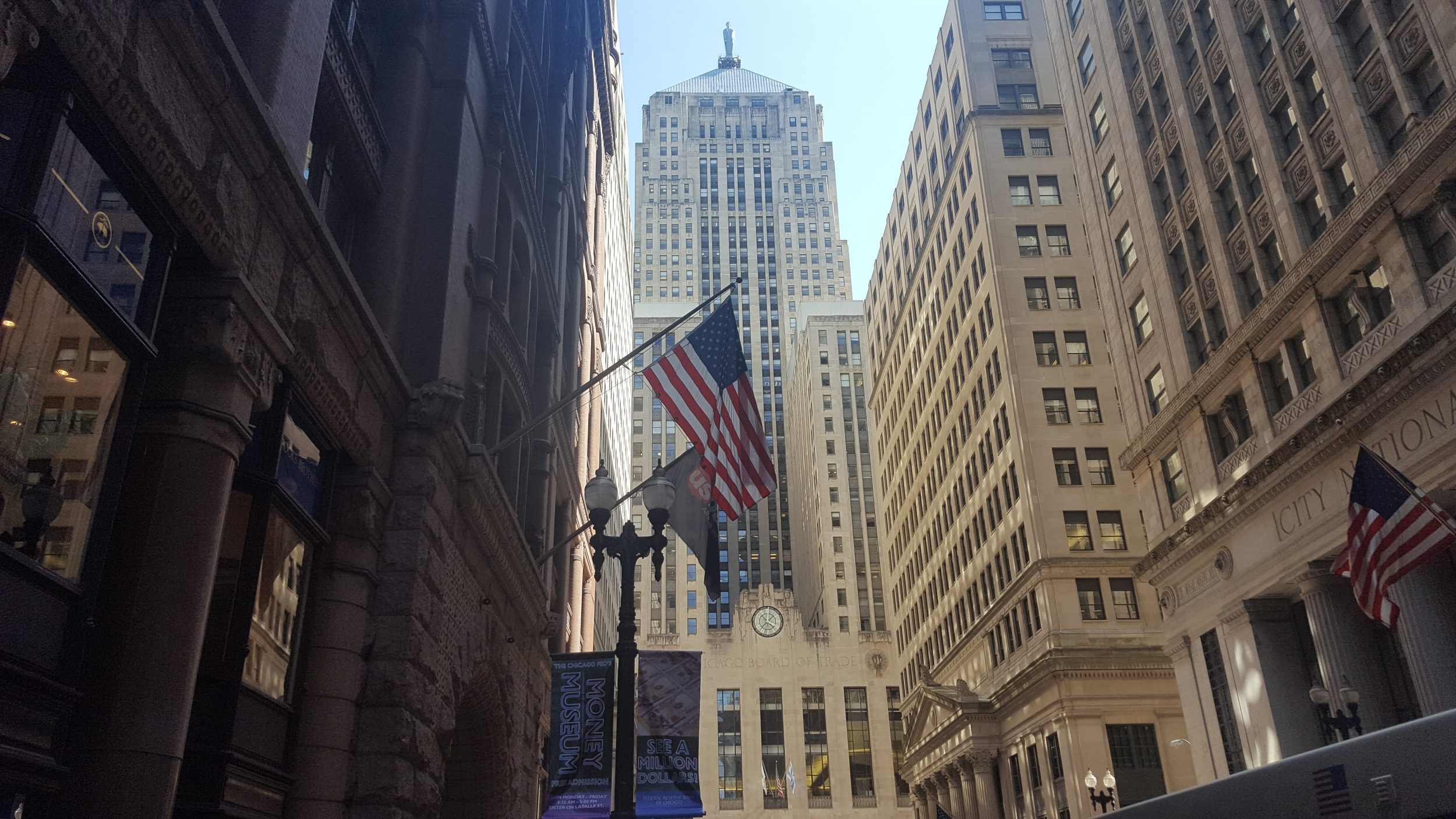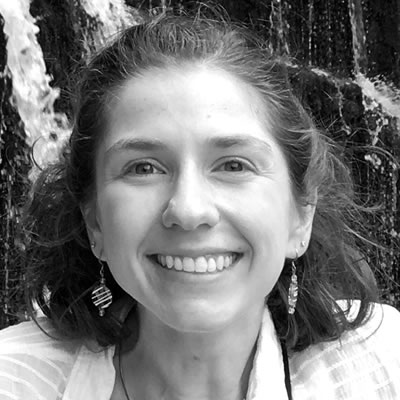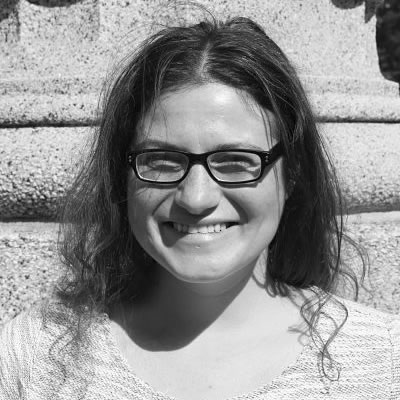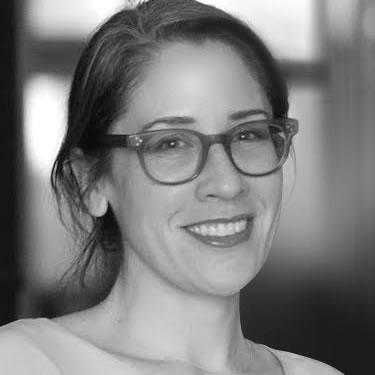We all try to do what we can to help make the world a better place. Especially at the holidays, one gets bombarded by pleas for support. Don’t worry, this is not one of those moments. Instead we’d like to share with you our new Chicago Detours Giving Initiative. It’s a little something we hope will help make the world a better place. Our guides contribute half of their gratuities over a four-month-span to a local organization. We’re happy to have found one, Archeworks, which directly connect with our company mission. As a socially responsible business, we endeavor to share the architecture, history and culture of Chicago.
Chicago Detours Giving Initiative
 We started this program just a few weeks ago, and we are now supporting Archeworks, a postgraduate design school in Chicago devoted to creating more healthy, equitable, and environmentally sustainable communities. Archeworks participants have a wide range of backgrounds, and work in multidisciplinary teams. They collaborate with nonprofit partners and many other community stakeholders to create innovative prototypes and other design solutions that address community needs.
We started this program just a few weeks ago, and we are now supporting Archeworks, a postgraduate design school in Chicago devoted to creating more healthy, equitable, and environmentally sustainable communities. Archeworks participants have a wide range of backgrounds, and work in multidisciplinary teams. They collaborate with nonprofit partners and many other community stakeholders to create innovative prototypes and other design solutions that address community needs.
We hope to raise $1,200 from tour gratuities through March 15, 2013 to support Archeworks’ Elemental Mud Workshop series, led by ecological systems designer, Nance Klehm. The March workshop will focus on water conservation and how to design a grey water system. This Archeworks class will meet at the ReBuilding Exchange, and build a working model on-site. A soil workshop exploring the life within urban soils will follow in April 2013.
Solving Social Problems
If you work in design, this idea of solving social problems through design is nothing new. For many others it may be a new idea. Perhaps a sort of cloudy impression of people saying “green” a lot. Or a mess of academic-sounding lingo, so let’s explain a little further.
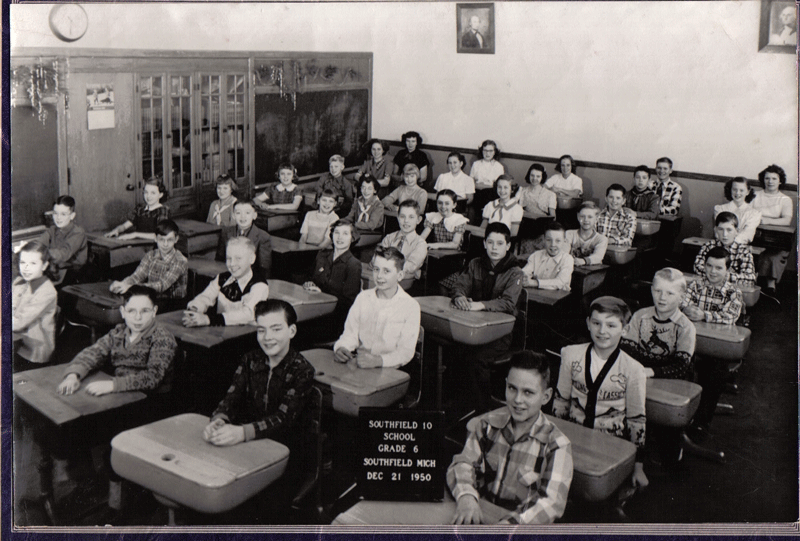 Physical environments – both urban places and interior spaces within buildings themselves – affect our mental states. And of course the architectural design of these physical environments can shape how we interact with one other. Older classrooms, for example, are designed for a teacher to stand by a blackboard with a row of students arrayed ahead. Contemporary design for the architecture of schools, often creates spaces that bring individuals together. Out of the strict and orderly rows and into groups for collaborative, social learning. More flexibility in classroom use, such as pictured here, can inspire creative interactive and educational opportunities.
Physical environments – both urban places and interior spaces within buildings themselves – affect our mental states. And of course the architectural design of these physical environments can shape how we interact with one other. Older classrooms, for example, are designed for a teacher to stand by a blackboard with a row of students arrayed ahead. Contemporary design for the architecture of schools, often creates spaces that bring individuals together. Out of the strict and orderly rows and into groups for collaborative, social learning. More flexibility in classroom use, such as pictured here, can inspire creative interactive and educational opportunities.
 Beyond the design inside a building, its exterior also shapes how people interact with each other in public space. An Archeworks project from 2005 worked with CPS to better integrate the area of schools with the surrounding community. In other words, the landscape design could have differently designed physical barriers. These would welcome both students and the community to use the space. Architecture and urban design can spark these kinds of connections between people that help build community, and a strong community has all kinds of positive results, including less crime.
Beyond the design inside a building, its exterior also shapes how people interact with each other in public space. An Archeworks project from 2005 worked with CPS to better integrate the area of schools with the surrounding community. In other words, the landscape design could have differently designed physical barriers. These would welcome both students and the community to use the space. Architecture and urban design can spark these kinds of connections between people that help build community, and a strong community has all kinds of positive results, including less crime.
Other Archeworks Projects
Beyond these examples, Archeworks also focuses on the need for sustainably designed urban environments. An Archeworks project from 2011 worked with the Chicago International Charter School in Irving Park to design and install a 20-barrel compost system that processes the school’s food waste and serves as a hands-on learning lab for the students and surrounding community. In this way, innovative design educates students and staff about recycling and composting while addressing the need to reduce and reuse school waste. Multidisciplinary approaches to design can spark these kinds of connections between people to help build communities and create a healthier environment.
Founded in 1993 by Eva Maddox, who could make a museum out of her extensive collection of architectural design awards, and outspoken postmodern architect and author Stanley Tigerman, Archeworks is pretty cool. We’re happy to be connecting our Chicago Detours community with their programs.
— Amanda Scotese, Executive Director
